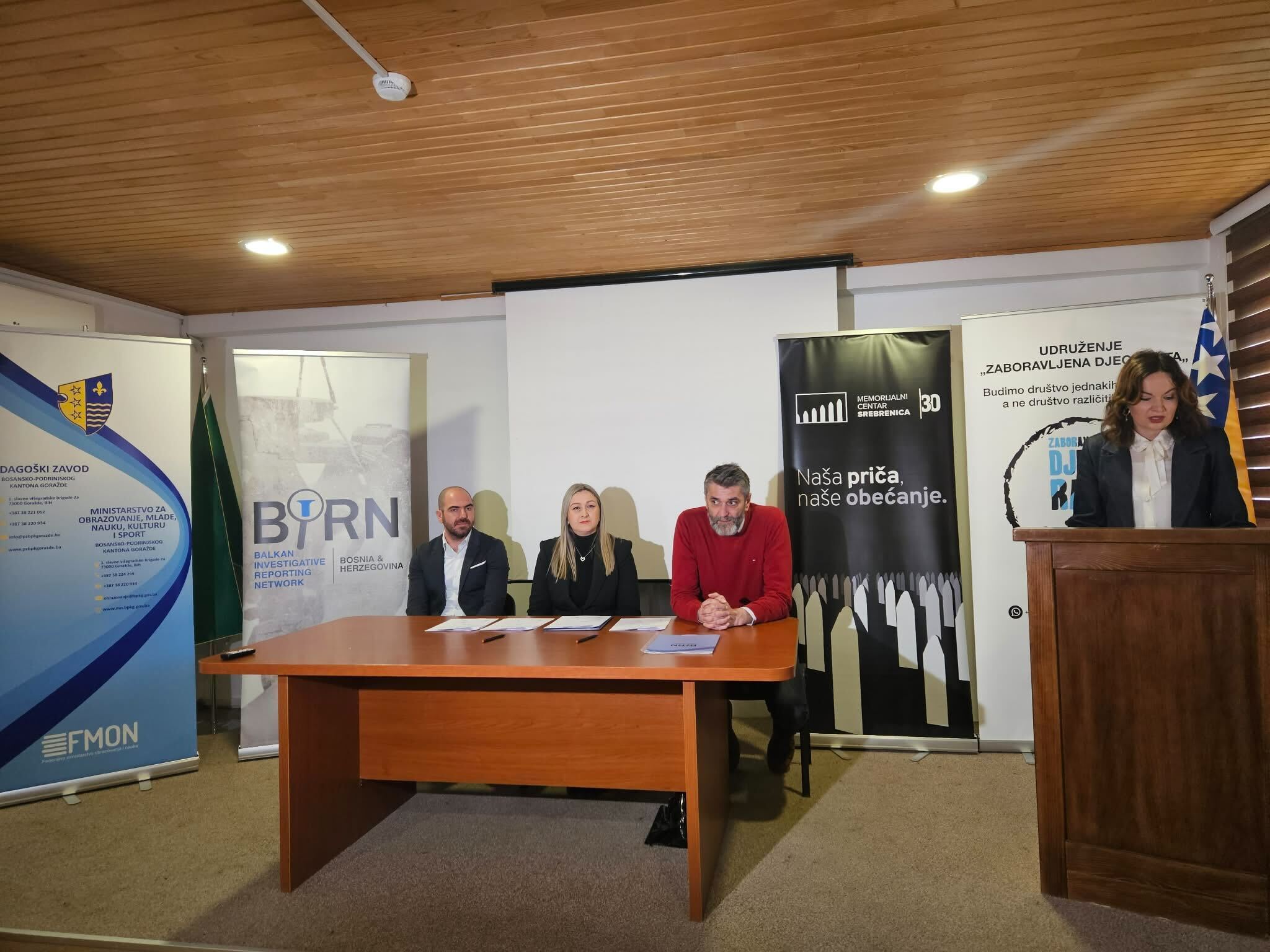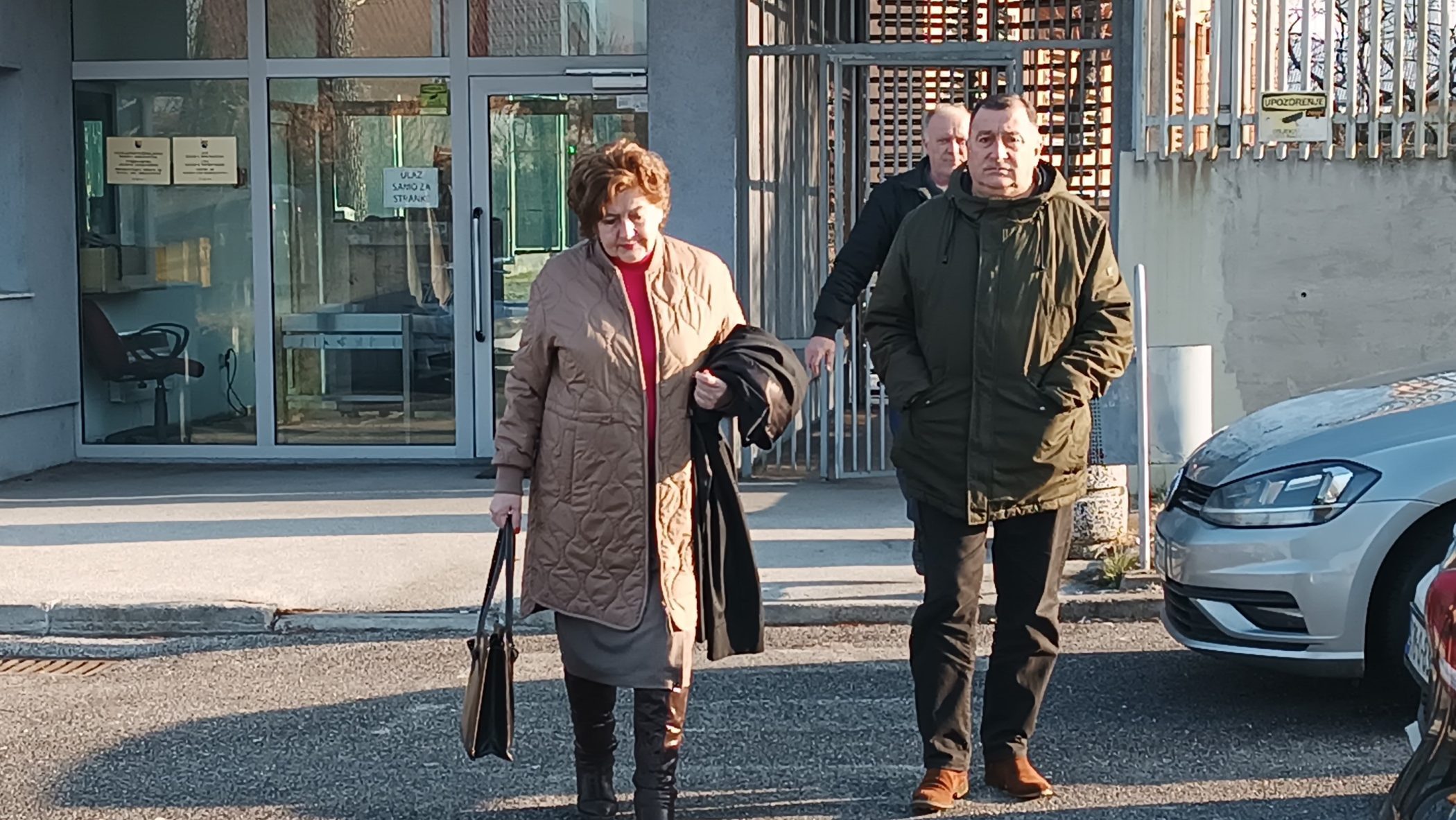This post is also available in: Bosnian
Judges at Bosnia’s State Court have said war crimes proceedings against the former Bosnian Serb soldier Boban Simsic, which were expected to finish last month, could last until June.
They have given their approval for Simsic to remain in detention for this extra period in order to clarify controversy surrounding the authenticity of a written witness statement submitted as part of his defense.
The written statement in question was taken from defense witness Fata Sabanovic by employees of the State Commission for the Investigation of War Crimes. While its contents have not been made public, Simsic’s defense team consider it crucial for their case.
Appearing in court during the proceedings against Simsic, Sabanovic confirmed the content of the statement. But she denied that the signature it bore was her own.
In an attempt to clear up the dispute, two graphologists confronted each other before the court.
The court graphologist Esad Bilic denied that the signature on the document belonged to Fata Sabanovic. Sekula Micic, a graphologist engaged by the defense, on the other hand, stated that the signature without a doubt belongs to the witness.
The judges decided to prolong the investigation by hearing evidence from employees of what used to be the State Commission for Investigating War Crimes, who took the statement from Sabanovic. A Court hearing has been scheduled for June 5th for these individuals to give evidence.
The contents of the statement at the heart of the controversy have not been made public. But the defense claims that it is of key value in the case.
At a hearing on May 8, the court also heard testimony from Scottish pathologist John Clarke. He discussed autopsies conducted on ten sets of remains discovered in Slap, which prosecutors say belong to Simsic’s victims.
Clarke told the court that eight of the people had been killed by firearms, while the cause of death of the other two could not be determined because there was no damage to their skeletal remains. It was possible, he said, that they had drowned, since their bodies were found in water. But he did not rule out the possibility that they could have died from bullet or knife wounds to soft tissue.
Prosecutors say Simsic and other members of the Bosnian Serb army and police force were involved in an effort to expel Bosniak civilians from Visegrad municipality between April and July 1992. According to the indictment against him, Simsic participated in “murders, rapes, torture and illegal detainment of civilians of Bosniak nationality” during that period.



